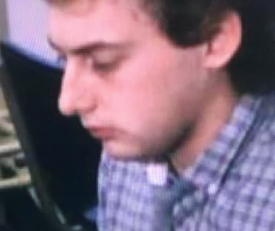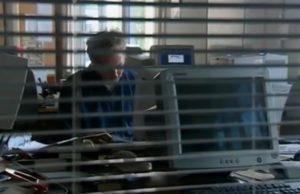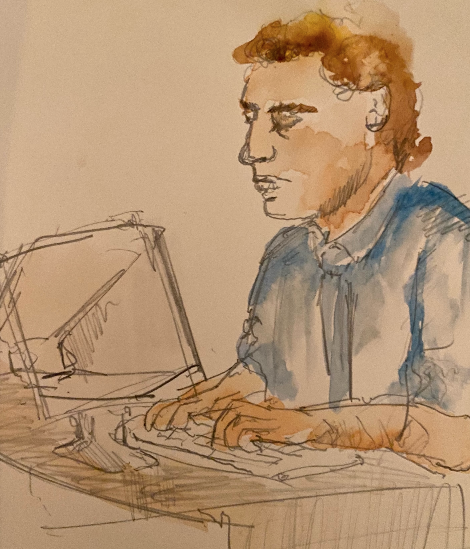- Death wish - 23rd February 2026
- Return to sender - 20th February 2026
- Legal eagle - 19th February 2026

During 41 years in journalism (when he was trained to use simple language, avoiding jargon) our Editor, Welshman Phil Parry, who spent 23 years with the BBC, has always known that reliable and trustworthy sources are crucial, but now comes more evidence that elsewhere the opposite is the case.
Many years ago as a trainee reporter, a mantra was drilled into me by the instructors: “Check, check, check…”

This, of course, means that everything you publish must be triple checked to ensure it is accurate.
in Wales this is relatively straightforward, as the official statistics you base your stories on can be relied upon – it is only the interpretation of them which may differ.
For example the economy of Wales has improved over the last two decades, although it still lags behind the UK as a whole.

Two years ago the Gross Domestic Product (GDP) stood at £85.4 billion, and per capita it was £27,274. As a journalist you are then able to say that this is good, but not good enough.
In other countries, however, you don’t know where to start because the official government numbers THEMSELVES are dodgy!
In China, for example, it is particularly bad, as the autocratic President Xi Jinping makes sure that only certain economic statistics are released, so that he can pursue a policy of having “Chinese characteristics”…

it has resulted in a yawning gap in recent years of about £230 billion between customs and balance of payments, and when US Treasury officials asked China to explain this, the answer was so convoluted it only served to confuse matters still further! But when academics or journalists try to look into this (as well as other economic issues), they become ‘non-people’.
The tightening of censorship in China is well known, and social-media accounts are ever more strictly policed, but other things (which are just as important to people like me), are talked about less in the West.


For instance, Chinese officials are wary of candid debate with outsiders – scholars fear they are watched and business people have to mouth Communist Party (CP) slogans.
There is a disappearance of technical data, especially if it is awkward or embarrassing for the party.
Figures for youth unemployment (a huge problem), have been “improved and optimised” – and lowered.

On August 19 stock exchanges stopped publishing daily numbers on dwindling foreign-investment inflows, and as the economic dashboard dims, the private sector is finding it harder to make good decisions.
Coupled with the restrictions Mr Xi has imposed on the kind of journalistic inquiry I pursue, it is also becoming increasingly difficult to hold people to account in China, and foreign reporters are particularly distrusted.

Many have returned to China after the pandemic (and figures about how many were affected can’t be trusted either!), to find their interactions with companies closely supervised by bureaucrats.
In Hefei, an inland industrial city, big Chinese firms have been instructed not to speak to the press without permission from local authorities.

Journalists must submit hour-by-hour travel schedules along with the names and contact details of those they plan to interview.
Journalists, researchers and economists are asked to pen “internal reference” reports, or Neican in Chinese.
Think-tanks are a mainstay of Neican.

They have to say the right things, though – the doors of the last prominent free-market one, Unirule, were literally welded shut in 2019, briefly trapping some of its researchers inside. Yet hundreds of “think-tanks with Chinese characteristics” have been established by city and provincial governments, ministries and even some state-owned firms.
Presumably they would also like ‘journalism with Chinese characteristics’, but that would be complete anathema to anyone who pursues the craft – and it is becoming increasingly difficult to ‘Check, check, check’ as well if you can’t even rely on the ‘official’ statistics they give you!

Some of the stories Phil has covered over the years (when figures were reliable so could be questioned), as he was gripped by the rare neurological condition Hereditary Spastic Paraplegia (HSP), have been released in a major book ‘A GOOD STORY’. Order it now!
Tomorrow – he looks at the new figures which again show population numbers are declining relatively in many countries, and that fatuous official measures are being taken by officials in countries such as China to persuade women to have more babies.









